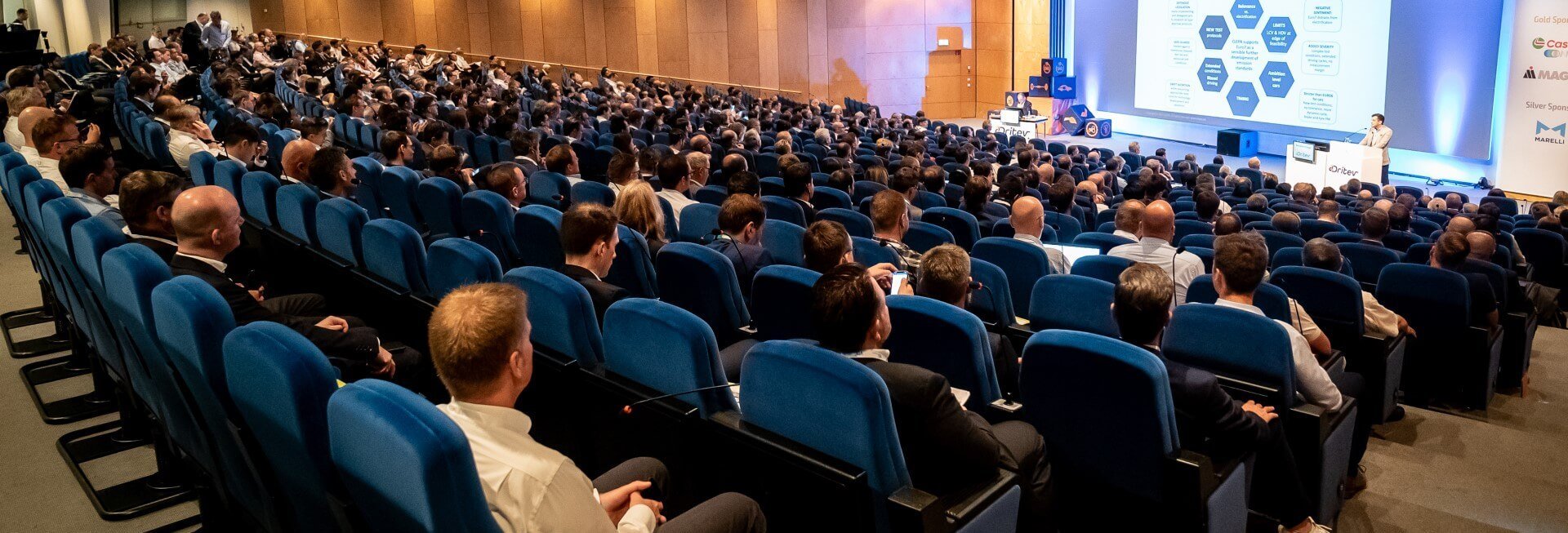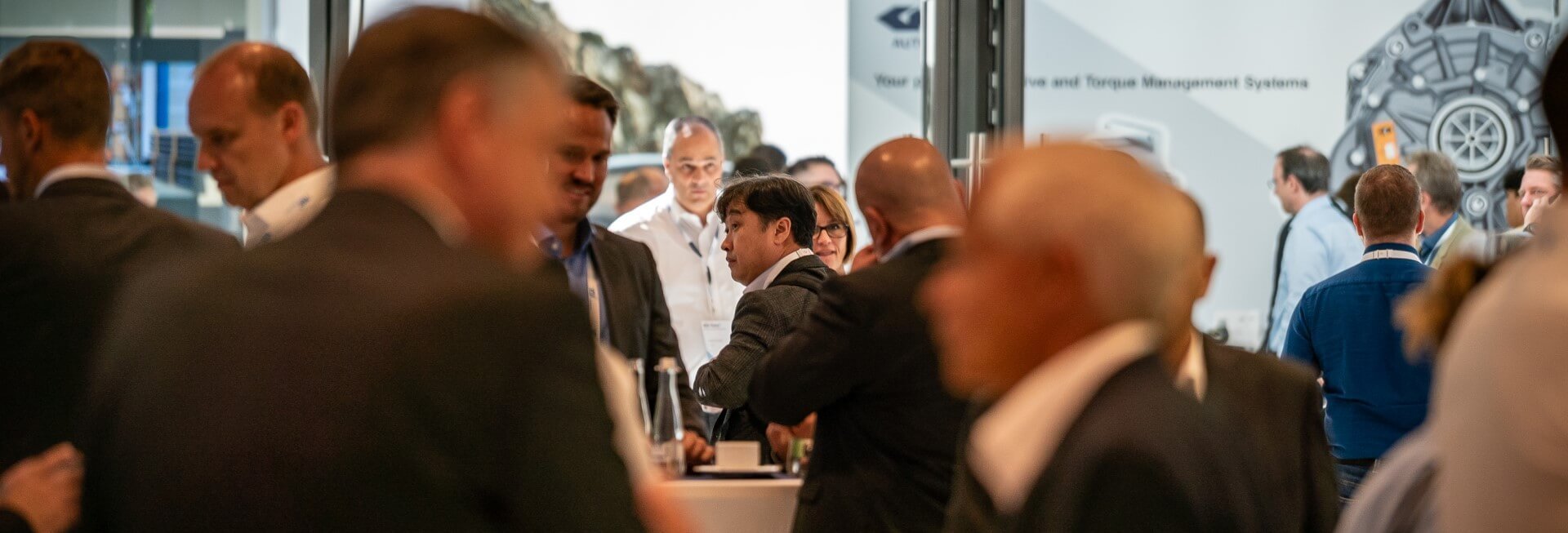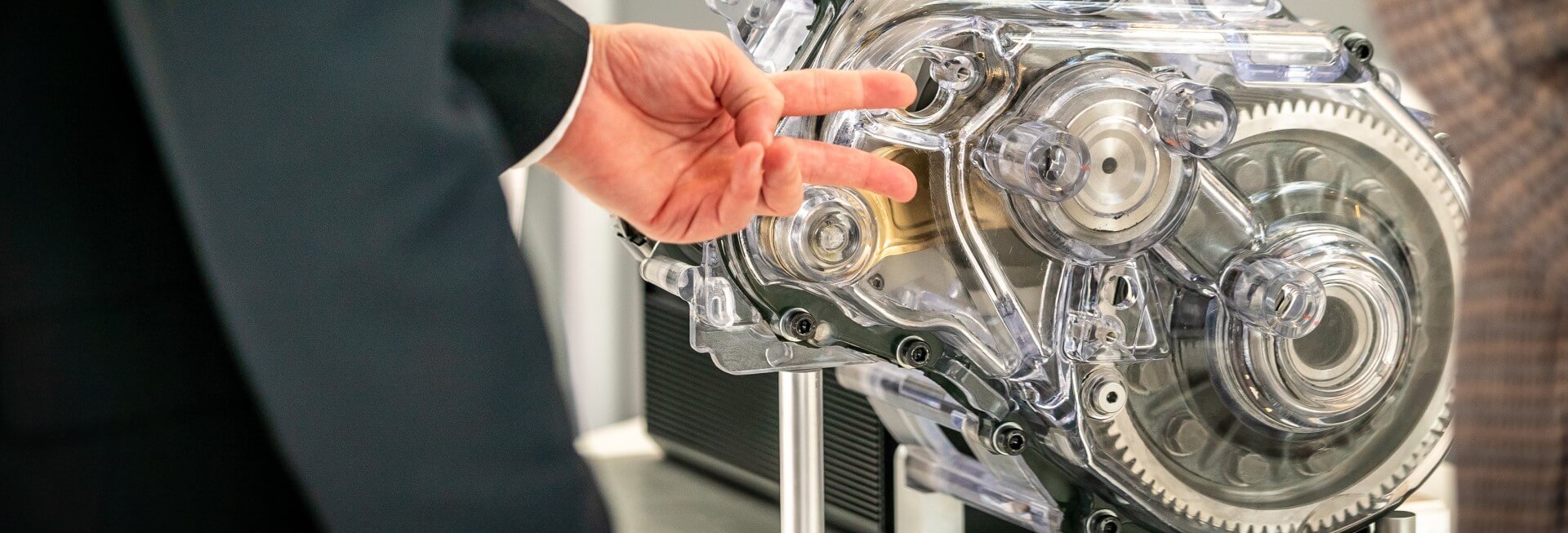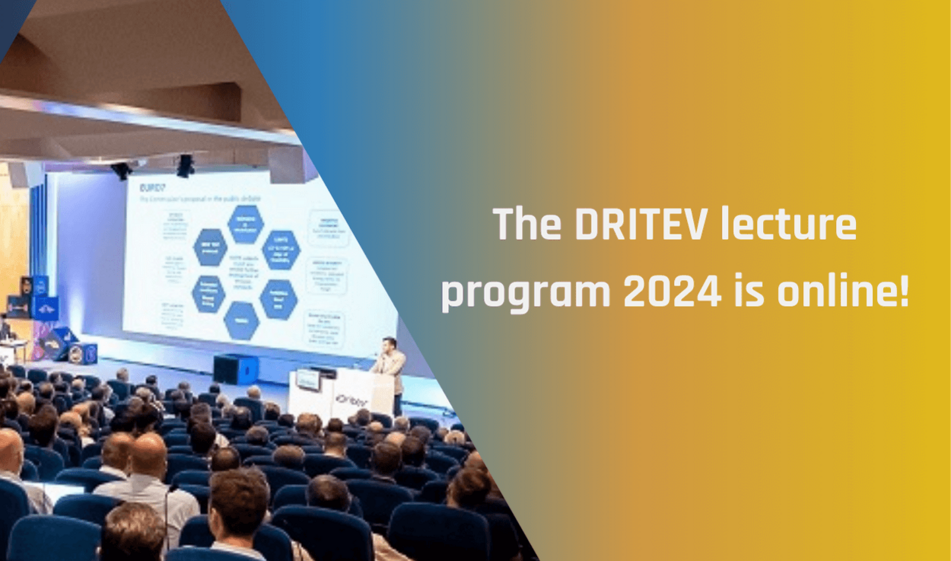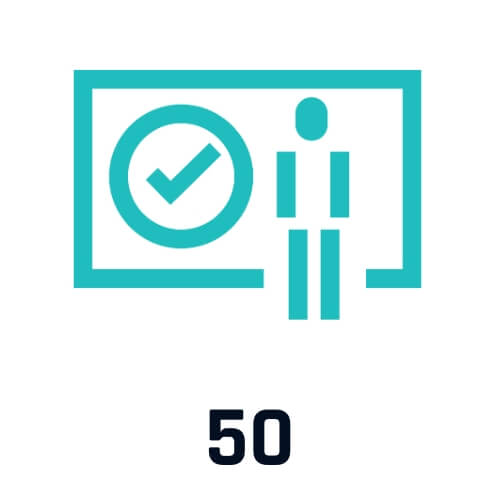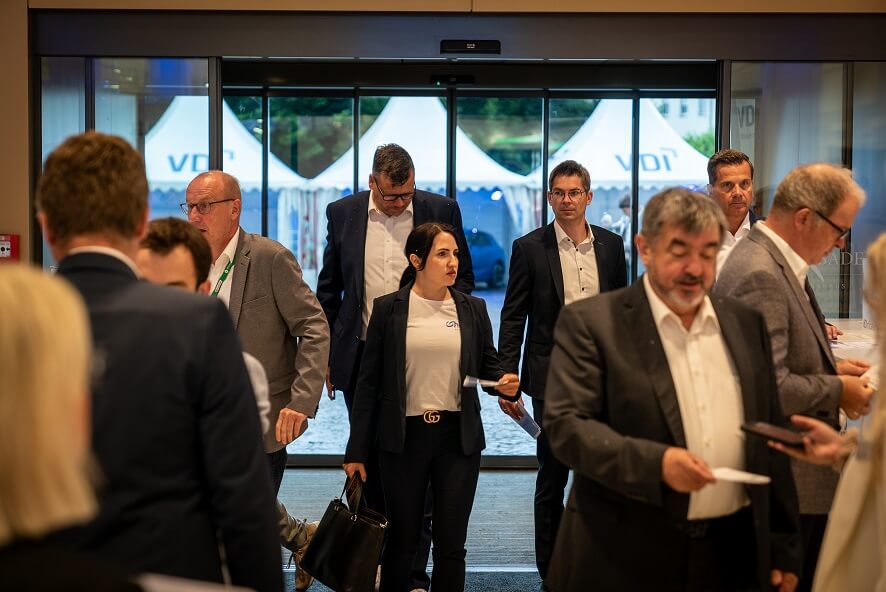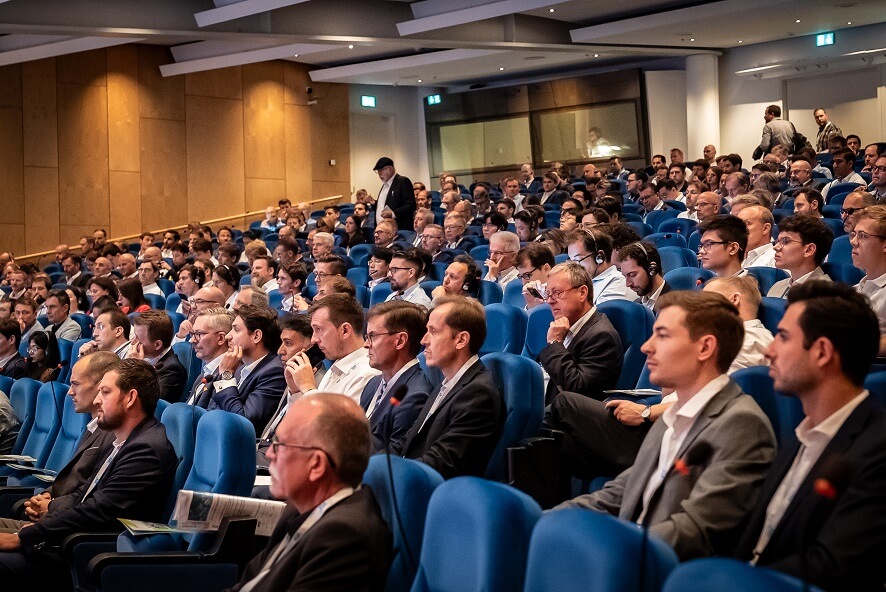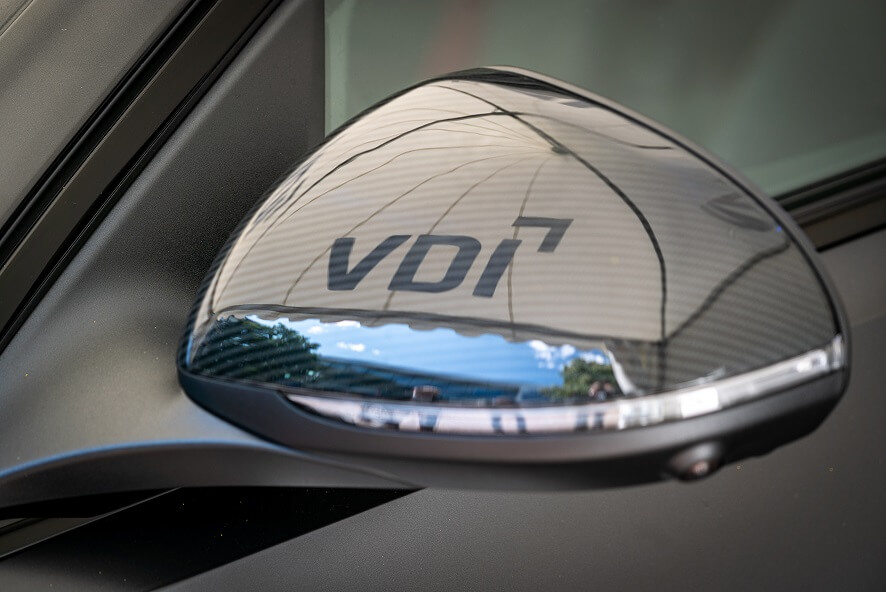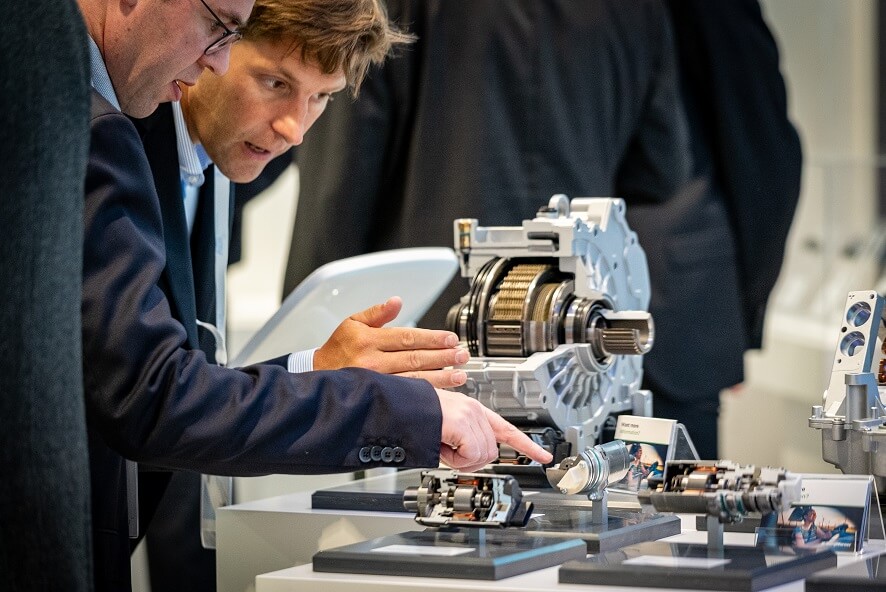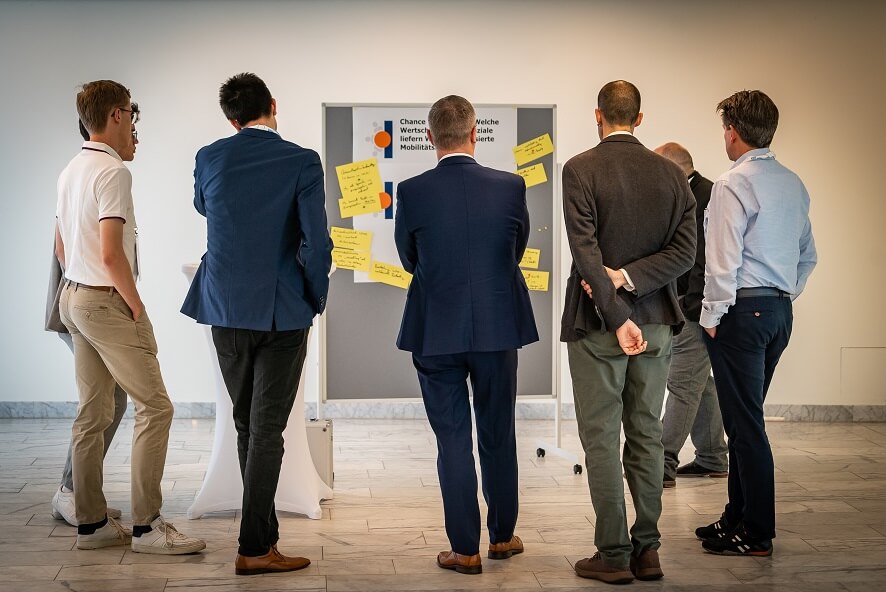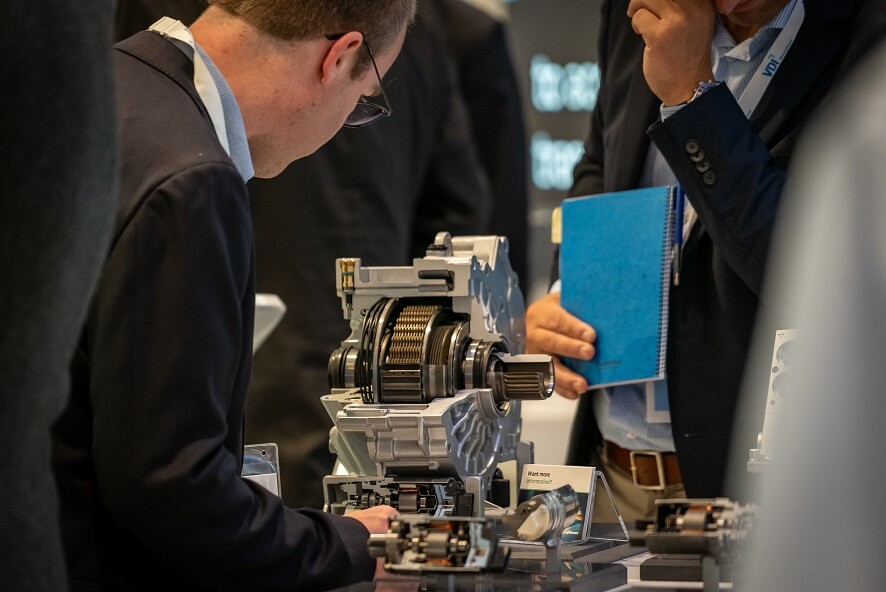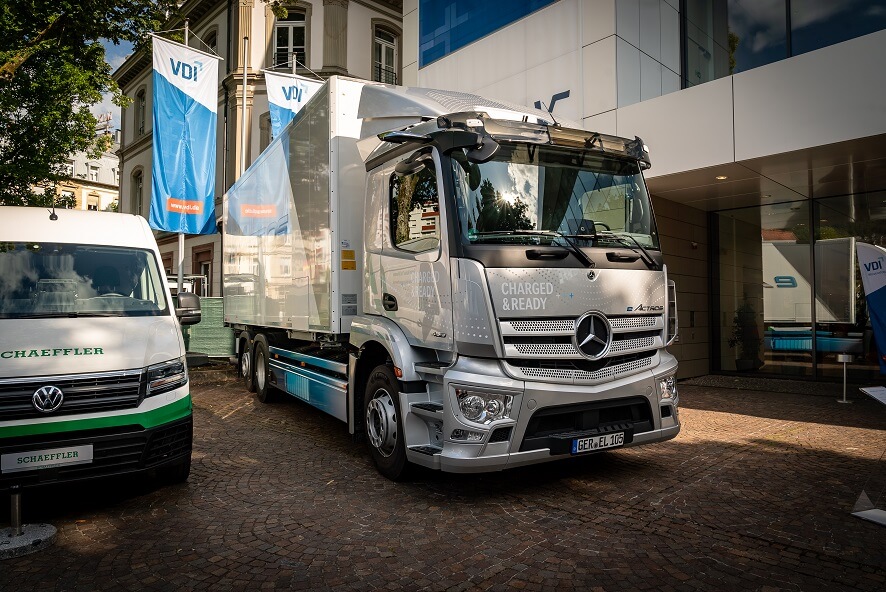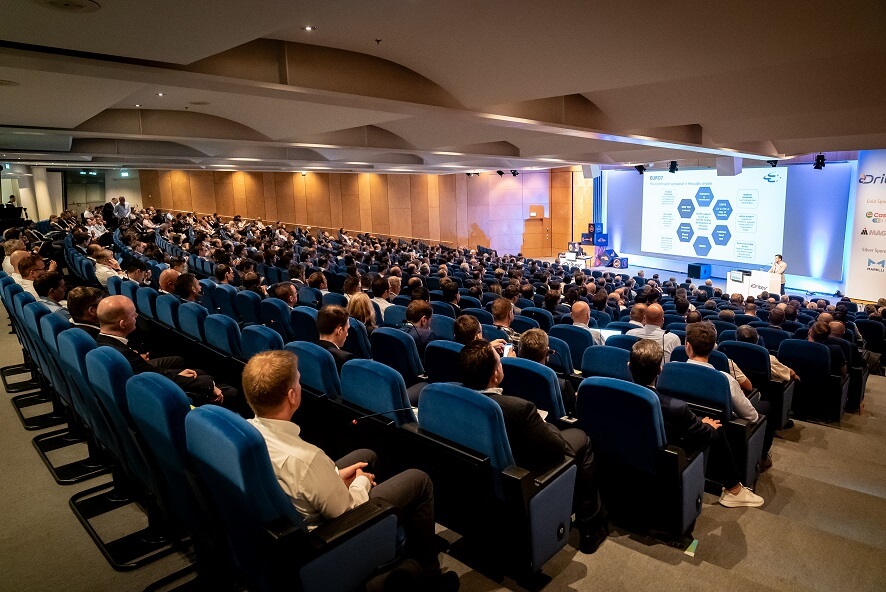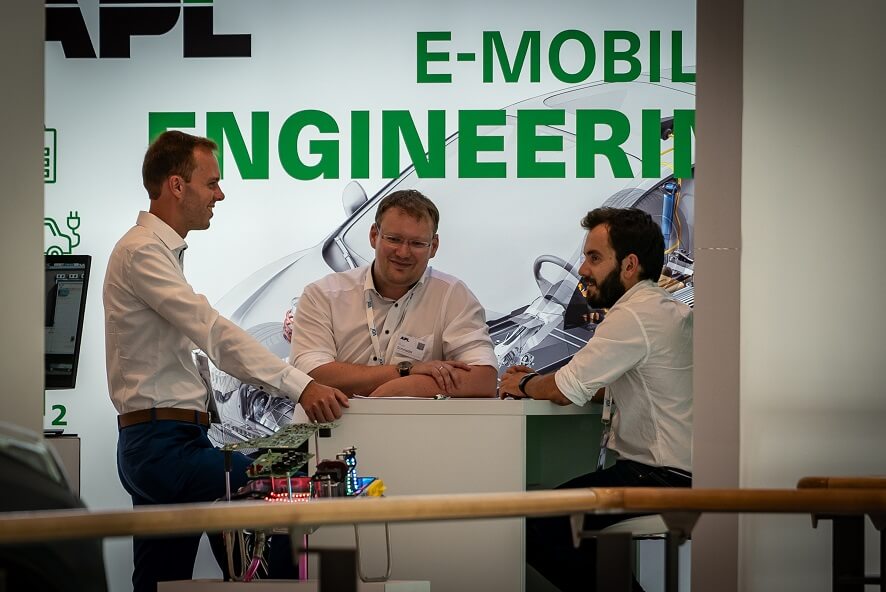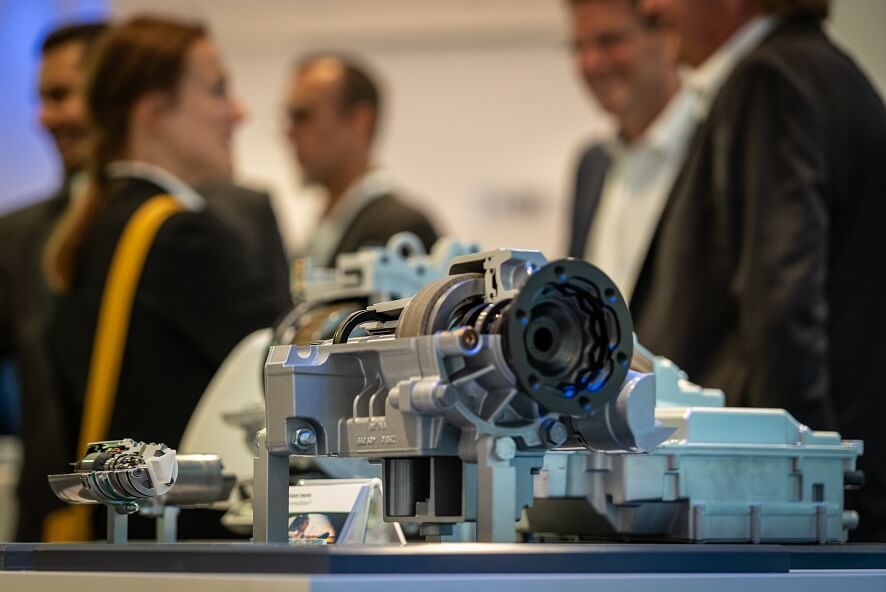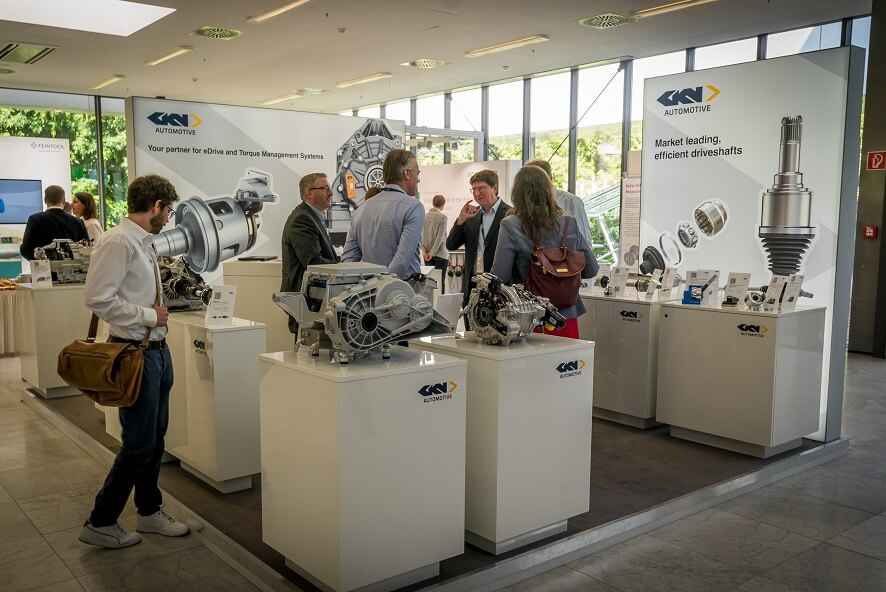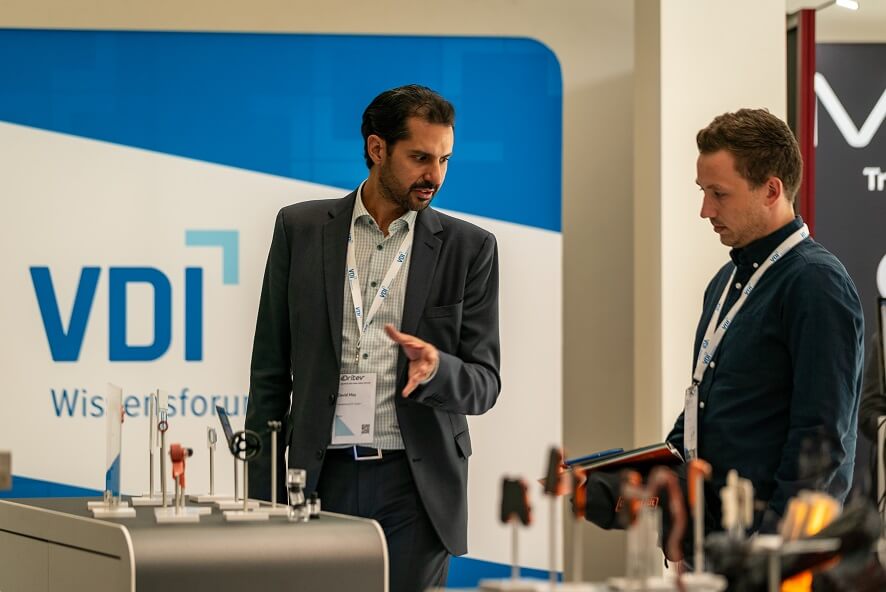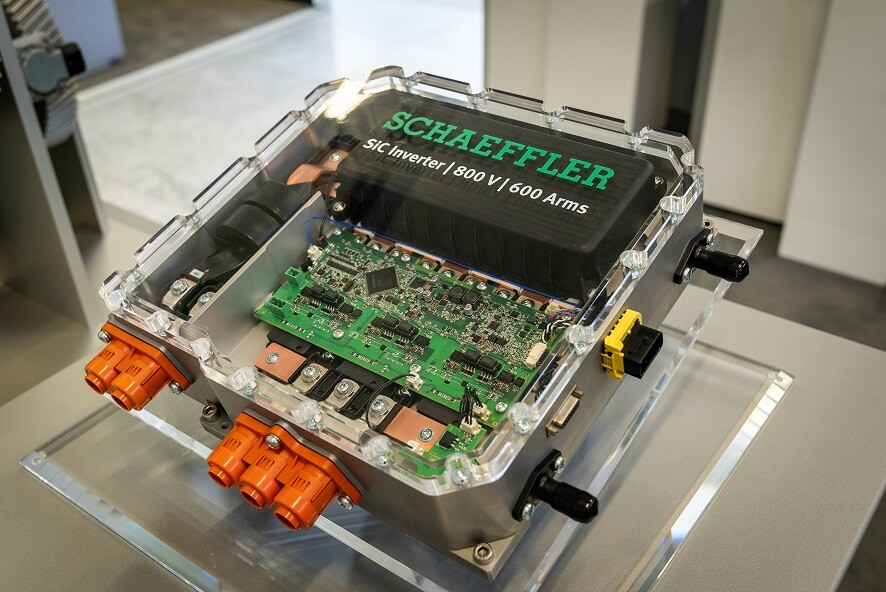International Industry Get-together of the Drive Community
The automobile congress „Dritev“ is the ideal platform for you to share views with fellow members of the driveline community. This year’s event on June 12 and 13 in Baden-Baden will yet again provide a unique opportunity to discuss and exchange views on current developments and innovations for experts in the trade; likewise, a variety of perspectives being inherent in different concepts in the powertrain and transmission landscape will also be raised.
High-Quality technical Content with strong Emphasis
Our well thought-through itinerary is key: High-profile speakers from around the world will share their expert knowledge in more than 50 selected lectures, giving the expert audience fascinating insights into topics and technologies which are likely to shape the series development of powertrain and transmission in future. In addition, the accompanying trade exhibition will offer ample opportunity to catch up and network - thus making this industry-gathering a true highlight.

